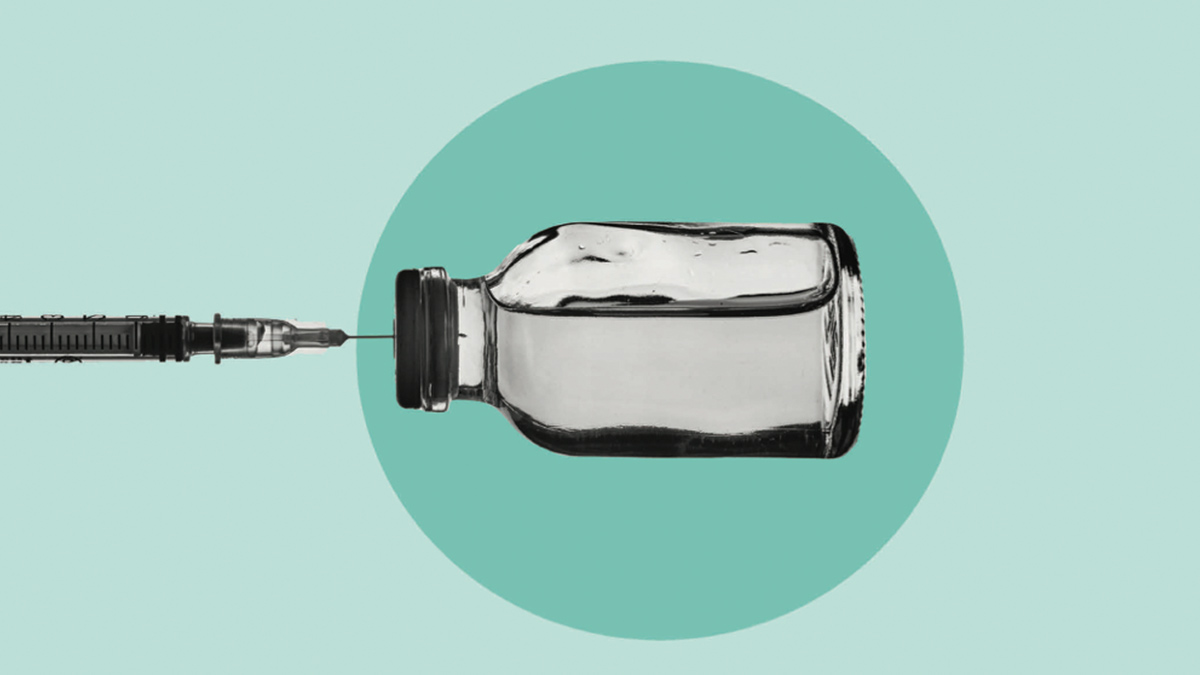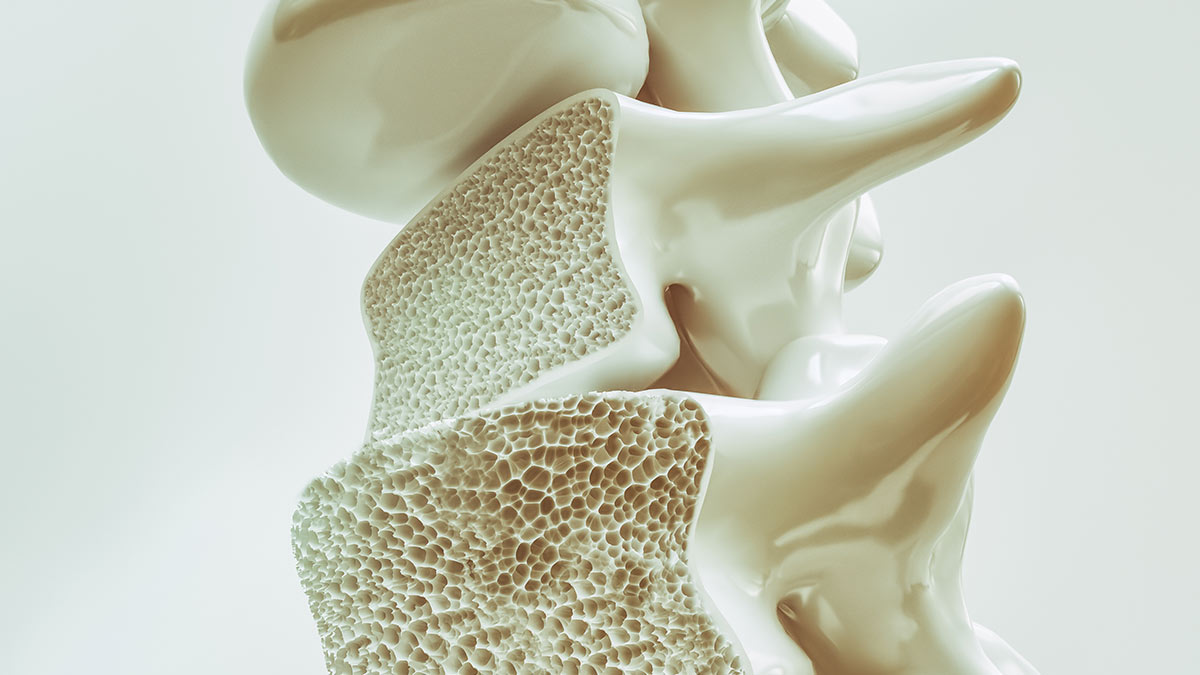In a recurring pattern of evolution, the Covid-19 virus escapes immune responses by selectively deleting small parts of its genetic sequence, according to new research
The researchers from the University of Pittsburgh School of Medicine in the US said that since these deletions happen in a part of the sequence that encodes for the shape of the spike protein, the formerly neutralising antibody can’t ‘grab hold’ of the virus, they reported in Science. And because the molecular ‘proofreader’ that usually catches errors during SARS-CoV-2 replication is ‘blind’ to fixing deletions, they become cemented into the variant’s genetic material.
“You can’t fix what’s not there,” said study senior author Dr Paul Duprex (PhD), Director of the Centre for Vaccine Research at the University of Pittsburgh. “Once it’s gone, it’s gone, and if it’s gone in an important part of the virus that the antibody ‘sees’, then it’s gone for good.”
Since the paper was first submitted as a preprint in November, the researchers watched this pattern play out, as several variants of concern rapidly spread across the globe. The variants first identified in the UK and South Africa have these sequence deletions.
The variants first identified in the UK and South Africa have these sequence deletions
Dr Duprex’s group first came across these neutralisation-resistant deletions in a sample from an immunocompromised patient who was infected with SARS-CoV-2 for 74 days before ultimately dying from Covid-19. “That is a long time for the virus and immune system to play ‘cat and mouse’ and gives ample opportunity to initiate the co-evolutionary dance that results in these worrisome mutations in the viral genome that are occurring all over the world,” the authors said.
‘Immune evasion’
Dr Duprex enlisted the help of lead author Dr Kevin McCarthy (PhD), Assistant Professor of Molecular Biology and Molecular Genetics at the university and an expert on the influenza virus — “a master of immune evasion” — to see whether the deletions present in the viral sequences of this one patient might be part of a larger trend.
Dr McCarthy and colleagues analysed the database of SARS-CoV-2 sequences collected across the world since the virus first spilled over into humans.
When the project started, in the summer of 2020, SARS-CoV-2 was thought to be relatively stable, but the more he scrutinised the database, the more deletions he saw, and a pattern emerged. The deletions kept happening in the same spots in the sequence, in areas where the virus can tolerate a change in shape without losing its ability to invade cells and make copies of itself.
“Evolution was repeating itself,” said Dr McCarthy, who recently started a structural virology lab at the university’s Centre for Vaccine Research. “By looking at this pattern, we could forecast. If it happened a few times, it was likely to happen again.”
UK variant
Among the sequences Dr McCarthy identified as having these deletions was the so-called ‘UK variant’, or to use its correct name, B.1.1.7. By this point, it was October 2020, and B.1.1.7 had not emerged yet. In fact, it did not even have a name, but it was there in the datasets, said the authors. The strain was still emerging, and no-one knew then the significance that it would come to have, but Dr McCarthy’s analysis identified it in advance by looking for patterns in the genetic sequence.
Reassuringly, the strain identified in this Pittsburgh patient is still susceptible to neutralisation by the swarm of antibodies present in convalescent plasma. That is important to consider when it comes to designing tools to combat the virus.
“Going after the virus in multiple different ways is how we beat the ‘shape-shifter’,” Dr Duprex said, “[with] combinations of different antibodies, combinations of nanobodies with antibodies, different types of vaccines. If there’s a crisis, we’ll want to have those back-ups.”
Although this paper shows how SARS-CoV-2 is likely to escape the existing vaccines and therapeutics, it is impossible to know at this point exactly when that might happen, they said. “Will the Covid-19 vaccines on the market today continue to offer a high level of protection for another six months? A year? Five years? How far these deletions erode protection is yet to be determined,” Dr McCarthy said.
“At some point, we’re going to have to start reformulating vaccines, or at least entertain that idea.”







